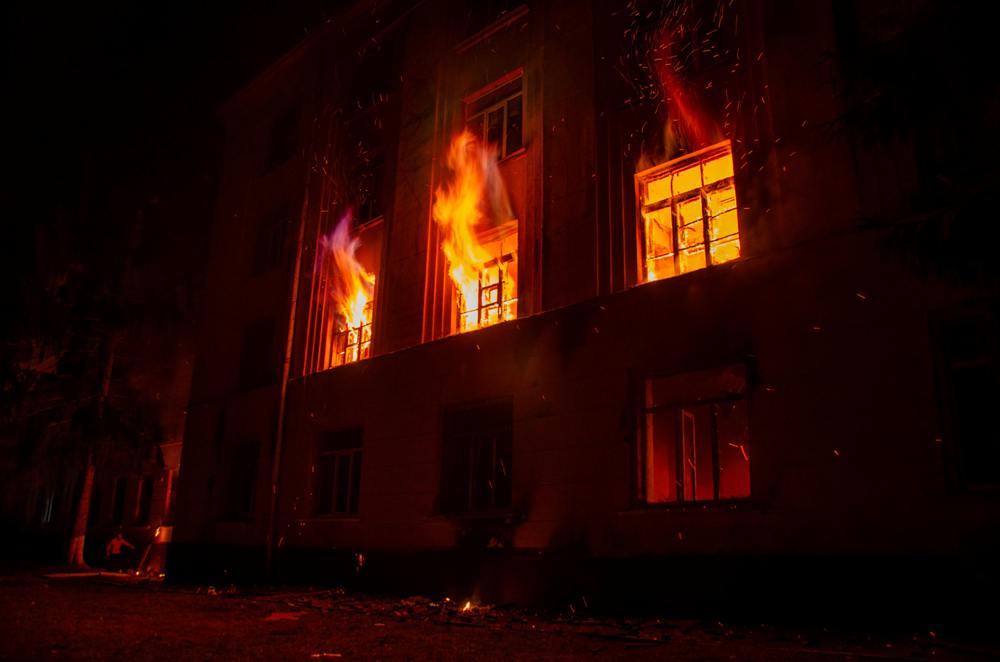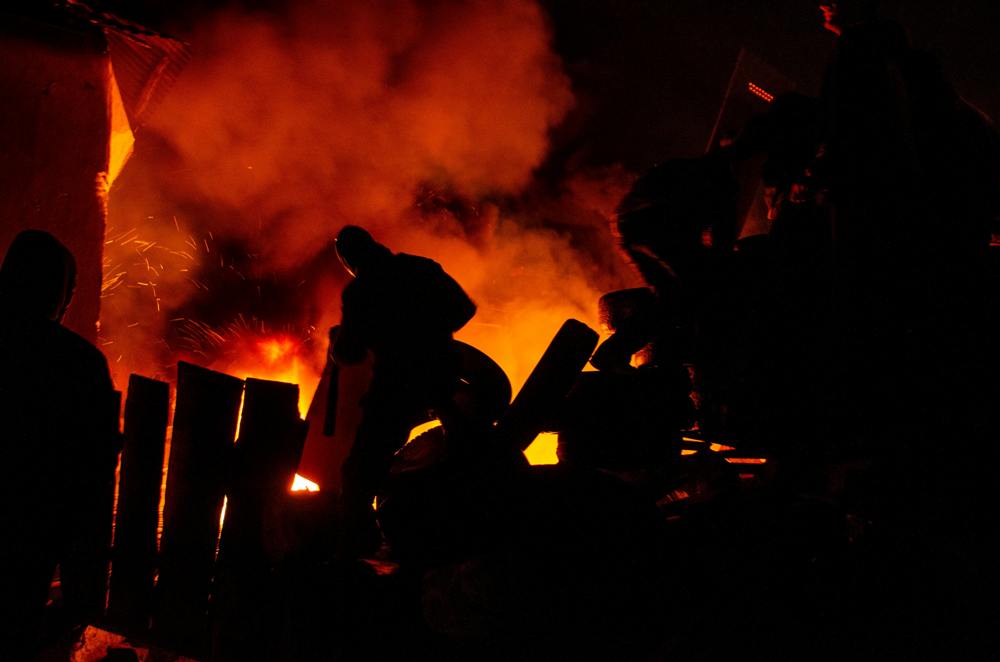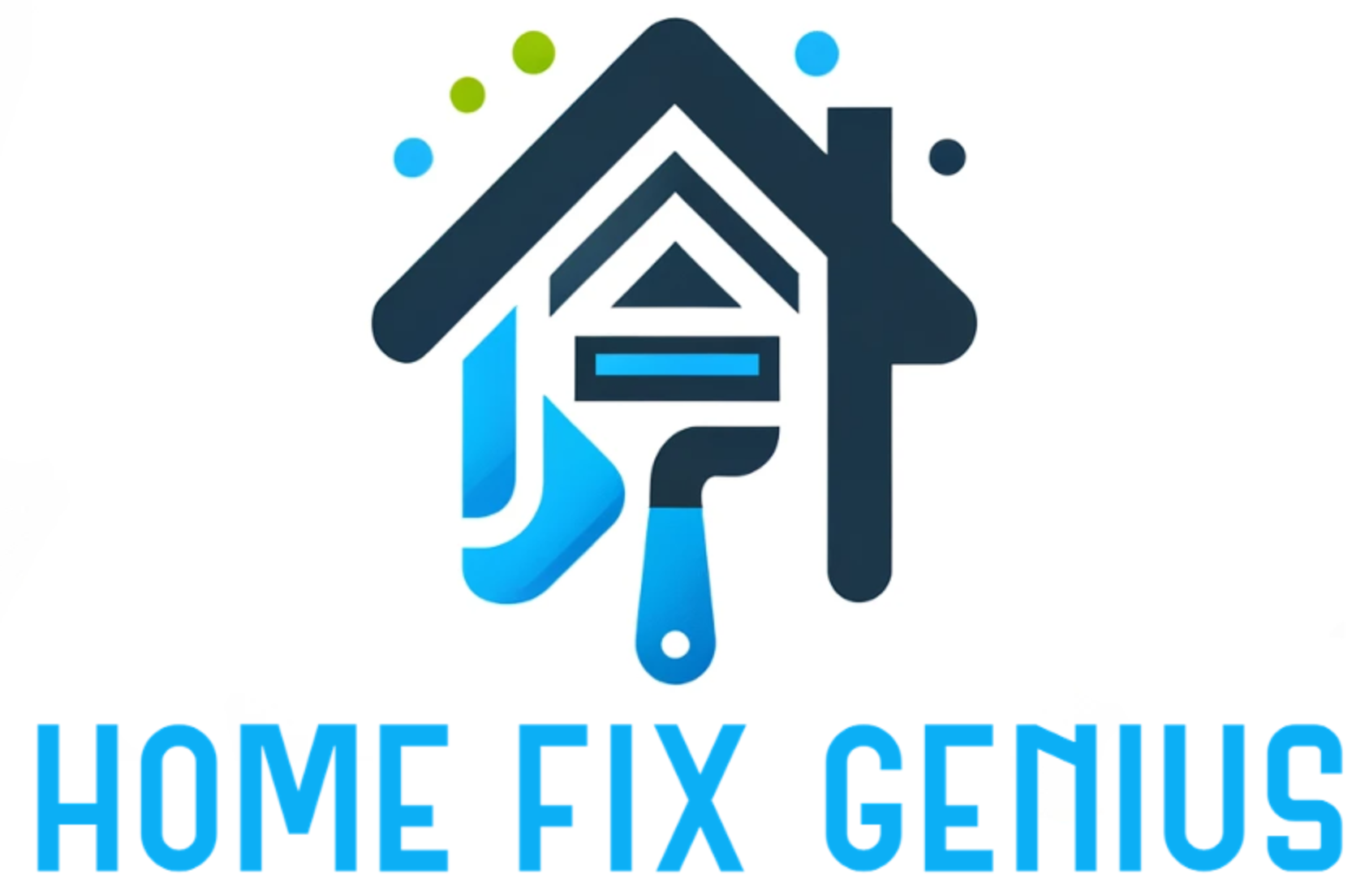
Home insurance is like a safety net, providing reassurance that your most significant investment—your home—is protected from unforeseen disasters. However, when it comes to arson, things can get murky. Let’s delve into the question: Does home insurance cover arson? Arson, the deliberate act of setting fire to property, raises important questions about insurance coverage and its implications for homeowners. Understanding the nuances of home insurance in relation to arson is crucial for ensuring financial security and peace of mind.
Understanding Home Insurance Basics
What is Home Insurance?
Home insurance, often referred to as homeowners insurance, is a policy that offers financial protection against damages to your home and personal belongings. It provides peace of mind by covering a wide range of perils that could potentially devastate your home and finances. From natural disasters to theft and vandalism, home insurance acts as a safety net in times of crisis.
How Does Home Insurance Work?
When you purchase a home insurance policy, you pay a premium to the insurance company. In return, the insurer agrees to compensate you for covered losses, up to the limits specified in the policy. This agreement ensures that you are financially protected in the event of damage or loss to your home or belongings. Home insurance operates on the principle of risk pooling, spreading the financial risk among policyholders to ensure that everyone has access to the necessary funds when disaster strikes.
Different Types of Home Insurance Policies
There are various types of home insurance policies, including HO-1, HO-2, HO-3, and HO-5. The most common is the HO-3 policy, which offers broad coverage for your home and personal property. These policies vary in terms of the extent of coverage they provide, so it’s essential to choose one that meets your specific needs and budget. Whether you opt for basic coverage or comprehensive protection, selecting the right policy can make all the difference in times of crisis.
Does Home Insurance Cover Arson? Exploring the Fine Print
Coverage for Arson
In most cases, home insurance policies do cover damages caused by arson. However, there are exceptions and limitations that you need to be aware of. Understanding the specifics of your policy can help you determine whether you are protected in the event of arson. While home insurance offers a safety net for unforeseen events, it’s essential to review your policy carefully to understand the extent of coverage provided for arson-related incidents.
Exclusions and Limitations
While home insurance typically covers arson, there are exceptions. For instance, if you are found to have committed arson or if the fire was started with fraudulent intent, your claim may be denied. It’s crucial to review your policy carefully and understand the circumstances under which coverage may be denied. By familiarizing yourself with the exclusions and limitations of your policy, you can avoid potential pitfalls and ensure that you are adequately protected.
Factors That Influence Coverage for Arson
Investigation Process
Insurance companies conduct thorough investigations to determine the cause of a fire. If arson is suspected, the claim may be subject to additional scrutiny. Providing accurate information and cooperating with the investigation can help expedite the claims process and ensure that you receive the compensation you are entitled to. Understanding the investigation process can help you navigate the claims process more effectively and increase the likelihood of a successful outcome.
Proof of Loss
To file a successful claim for arson, you may need to provide evidence of the fire’s origin and cause. This can include eyewitness testimony, forensic analysis, and documentation of your property’s condition before the fire. Gathering this evidence promptly and working with your insurance company can help strengthen your claim and increase the likelihood of a favorable outcome. By understanding the importance of proof of loss in the claims process, you can take proactive steps to gather the necessary evidence and support your claim effectively.
Legal Implications
Arson is a criminal offense, and insurance fraud is taken very seriously. If you are found to have committed arson or attempted to defraud your insurance company, you could face legal consequences. It’s essential to be honest and transparent throughout the claims process to avoid any potential legal issues. By understanding the legal implications of arson and insurance fraud, you can ensure that you are compliant with the law and protect your rights as a policyholder.
Tips for Protecting Your Home Against Arson
Install Security Measures
Invest in security cameras, motion-sensor lights, and alarm systems to deter potential arsonists and protect your home. These measures can serve as a deterrent and provide valuable evidence in the event of a fire. By investing in security measures, you can create a safer environment for your home and reduce the risk of arson.
Maintain Adequate Insurance Coverage
Review your home insurance policy regularly to ensure you have adequate coverage in case of arson or other disasters. Consider purchasing additional coverage or endorsements if you live in an area prone to arson or if you have valuable assets that need protection. By maintaining adequate insurance coverage, you can ensure that you are prepared for any eventuality and have the financial resources to rebuild and recover in the event of a fire.
Practice Fire Safety
Educate your family members on fire safety practices and ensure that your home is equipped with smoke detectors and fire extinguishers. Taking proactive steps to prevent fires can help minimize the risk of arson and protect your home and loved ones. Additionally, forming good relationships with neighbors and participating in community watch programs can create a supportive environment that discourages criminal activity. By practicing fire safety measures, you can reduce the likelihood of arson and create a safer living environment for you and your family.

Conclusion: Ensuring Peace of Mind
In conclusion, while home insurance typically covers damages caused by arson, there are exceptions and limitations that you need to be aware of. By understanding your policy and taking proactive measures to protect your home, you can ensure peace of mind knowing that you’re prepared for the unexpected. Arson is a serious crime that can have devastating consequences, but with the right precautions and insurance coverage, you can safeguard your home and financial security. Taking steps to understand your policy, gather evidence, and protect your home can help you navigate the claims process effectively and ensure that you receive the compensation you deserve.
Does Your Home Insurance Cover Arson FAQs
Can I file a claim for arson if I suspect foul play?
Yes, you can file a claim for arson if you suspect foul play. However, you may need to provide evidence to support your claim, such as eyewitness testimony or forensic analysis. It’s essential to gather evidence promptly and work with your insurance company to ensure that your claim is processed effectively.
Will my insurance rates increase if I file a claim for arson?
Filing a claim for arson may lead to an increase in your insurance rates, especially if the insurance company believes you are at a higher risk of future losses. It’s essential to weigh the potential impact on your premiums before filing a claim. By understanding the potential consequences of filing a claim for arson, you can make an informed decision about whether to proceed.
What should I do if my claim for arson is denied?
If your claim for arson is denied, you can appeal the decision or seek legal advice to explore your options. It’s essential to review the denial letter carefully and understand the reasons for the denial before taking further action. By understanding the appeals process and seeking legal advice if necessary, you can increase the likelihood of a successful outcome for your claim.
Can I purchase additional coverage for arson?
Some insurance companies offer additional coverage for arson, known as an arson endorsement. You may need to pay an additional premium for this coverage, but it can provide added peace of mind knowing that you are protected in case of arson. By exploring your options for additional coverage, you can tailor your policy to meet your specific needs and concerns.
How can I prevent arson at my property?
To prevent arson at your property, install security measures, maintain adequate insurance coverage, and practice fire safety measures. By taking proactive steps to protect your home, you can reduce the risk of arson and ensure the safety of your property and loved ones. Additionally, forming good relationships with neighbors and participating in community watch programs can create a supportive environment that discourages criminal activity. By working together with your community and taking proactive steps to protect your home, you can minimize the risk of arson and create a safer living environment for everyone.
